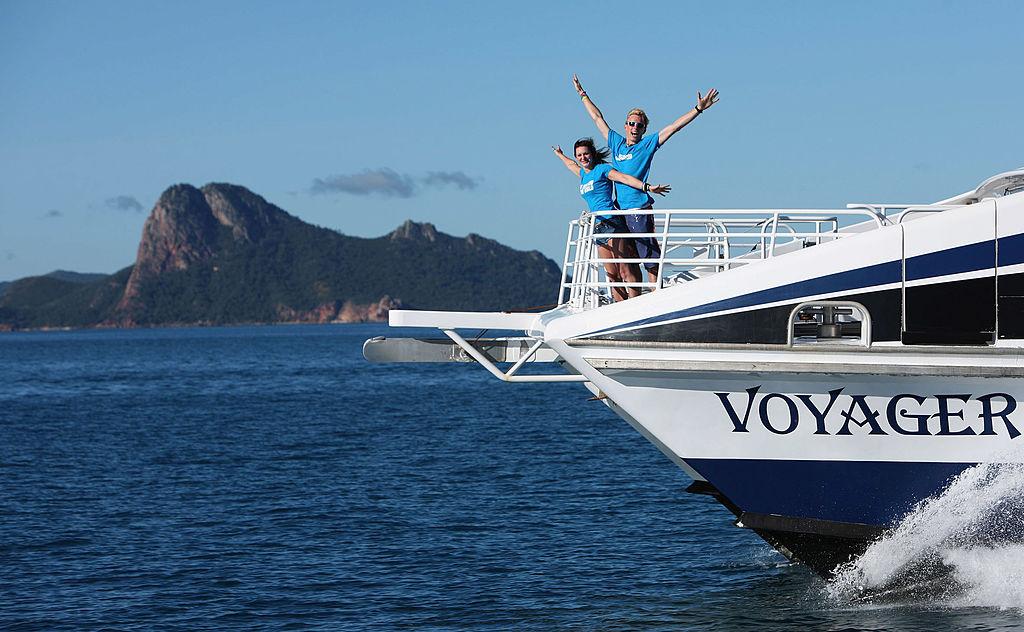Commentary
Hamilton Island, a tropical paradise in the Great Barrier Reef, meticulously managed by the billionaire barons of the Oatley family, have declared an unyielding ban on the supposed root of all evil: cold, hard cash.

Hamilton Island, a tropical paradise in the Great Barrier Reef, meticulously managed by the billionaire barons of the Oatley family, have declared an unyielding ban on the supposed root of all evil: cold, hard cash.